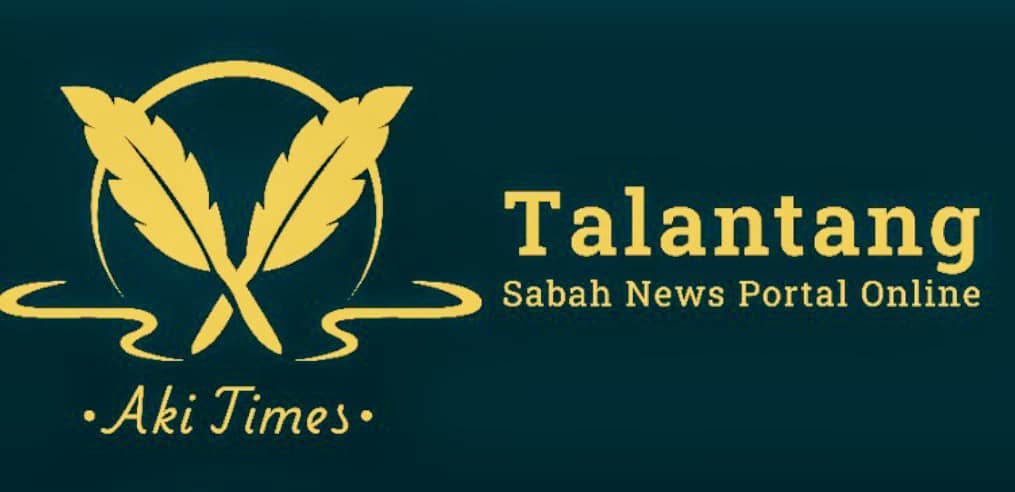GRS plans to contest 55 of Sabah’s 73 seats, leaving 18 to be shared between PH and BN
KOTA KINABALU : – SABAH Pakatan Harapan (PH) leaders have stayed silent after Barisan Nasional (BN) confirmed an exclusive pact with the coalition, a move that laid bare the collapse of Putrajaya leaders’ efforts to unite BN, PH and Gabungan Rakyat Sabah (GRS) under one roof.
When contacted, Sabah DAP chairman Phoong Jin Zhe, who is the only PH leader to respond, said the four component chiefs had met on Monday but declined to reveal what was discussed.
“I suggest you call PH Sabah chairman Datuk Ewon,” he said, sidestepping questions on the coalition’s next move.
Datuk Ewon Benedick heads Upko and is also the Sabah PH coordinator.
The silence reflects unease among local PH leaders in Sabah, even as PH chairman Datuk Seri Anwar Ibrahim vowed to continue brokering a three-way pact after BN’s announcement last Thursday night.
But such Putrajaya driven negotiations may have left Sabah PH leaders caught in a quandary.
This comes as Sabah PH itself are experiencing its own sets of problems.
For instance, Upko has floated the idea of contesting under its own logo, a suggestion that underscores doubts about PH’s ability to hold together as a single force.
The call may have stemmed following rumours that Upko would only be given two seats in the state election – Kadamaian and Moyog.
They wanted more.
Peninsula push, Sabah feud
The idea of a three-way pact was driven by Umno president Datuk Seri Ahmad Zahid Hamidi and PKR president Anwar, who both argued that uniting BN, GRS and PH would prevent straight fights.
Any feelers between BN and GRS, however, were kept discreet from observers due to the feud between their Sabah leaders, particularly, the feud between GRS chairman Datuk Seri Hajiji Noor and Sabah BN chairman Datuk Seri Bung Moktar Radin.
A rare meeting involving all three leaders, Anwar, Zahid and Hajiji, was held in Putrajaya on August 18, but no details of their discussion were ever disclosed.
“I have to respect the decisions of all three political groups,” Anwar later said, while stressing that his preference was for a broader alliance.
The rift between GRS and BN has been festering since January 2023, marked by open mudslinging between Bung and Hajiji, and their refusal to work together.
The deadlock only became public when BN treasurer Datuk Seri Salleh Said Keruak revealed his coalition had been offered just eight seats by GRS, a figure he described as “hurtful.”
Eight seats for BN, 55 for GRS
For BN, which still holds 14 seats in the state assembly, the eight-seat offer was seen as humiliating. Salleh argued that seats won in the last election should remain with the same party, with overlaps settled by negotiation.
GRS, however, had already staked its claim as the dominant bloc. It signaled plans to contest 55 of Sabah’s 73 seats, leaving 18 to be shared between PH and BN.
With BN now out of the picture, those 18 seats are likely to go entirely to PH — though how they will be divided remains uncertain.
GRS first, then BN
GRS was first to move, with its supreme council formally endorsing an alliance with PH on August 11.
The decision was initially not unanimous, with some leaders pushing for a solo run, but Hajiji pressed through on the argument that stability could only be secured with PH.
GRS secretary-general Datuk Seri Masidi Manjun defended the arrangement as necessary to keep the government focused.
“We will sit down with Harapan leadership in the near future to determine seat distribution,” he said, stressing that local parties must anchor the alliance. – thevibes.com
